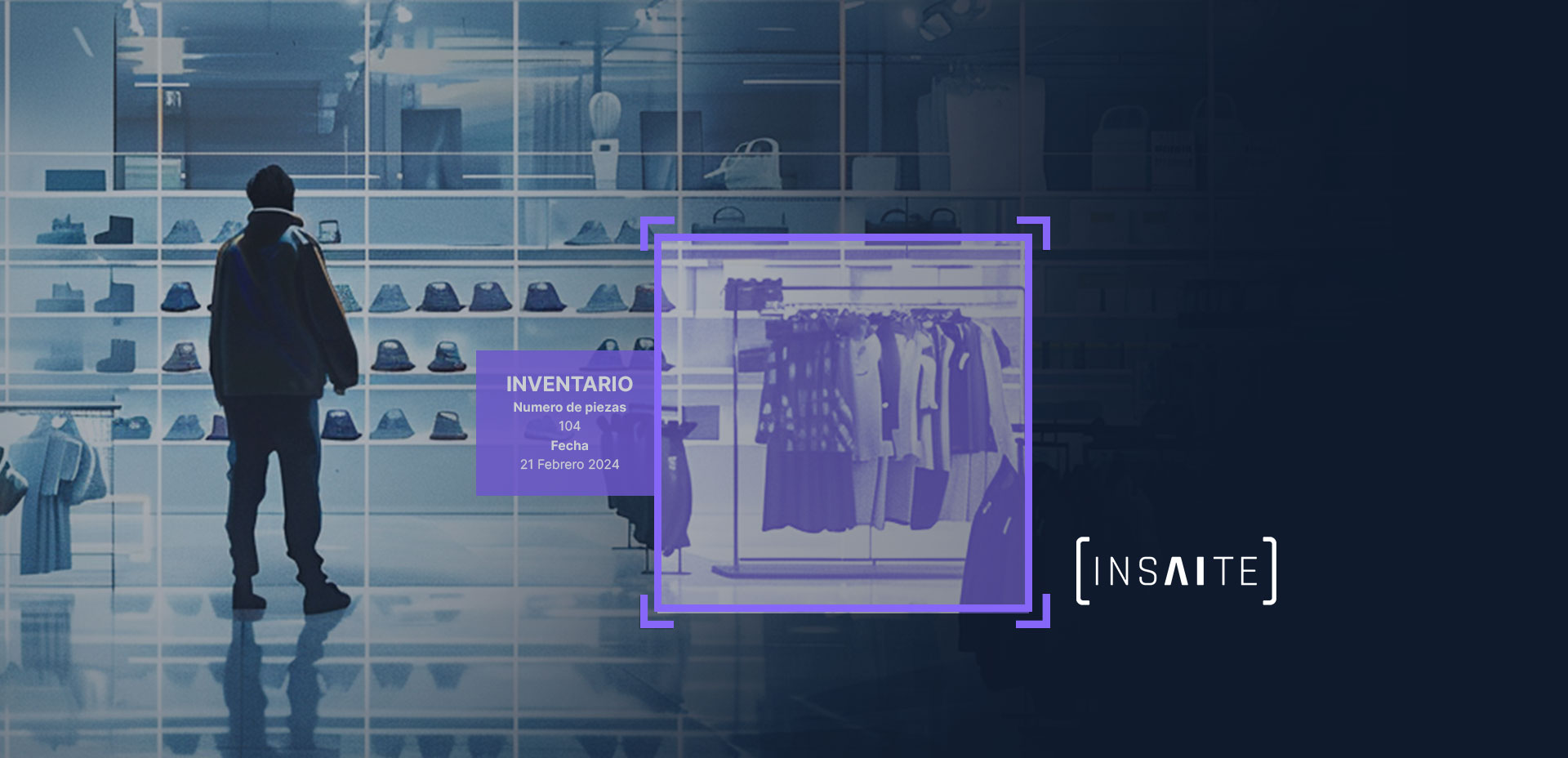The retail sector is undergoing an unprecedented revolution. The emergence of new technologies, especially artificial intelligence, is radically transforming how consumers shop and interact with brands.
In this new landscape, customer experience has become the key differentiation factor. Retailers that fail to adapt to consumers’ new expectations risk losing ground to their competitors. AI is playing a fundamental role in improving customer experience in the retail sector.
This technology enables companies to personalize shopping experiences, offer more relevant recommendations, optimize inventory management, and provide more efficient customer service. In this article, we explore how AI is transforming the shopping experience in retail.
Enhancing Customer Experience through Artificial Intelligence
The evolution of bots in customer service has been remarkable in recent years. From the introduction of virtual assistants like Alexa or Siri to the present, where artificial intelligence has greatly enhanced its functionality; chatbots have become relevant tools for improving the customer experience in the retail sector.
Thanks to this technology, consumers can make inquiries at any time of day, seven days a week. This means that even outside business hours, users can get immediate answers to their questions, significantly improving customer satisfaction and brand loyalty.
But providing automatic responses is not all they can do; they are also capable of engaging in realistic conversations with customers. This is achieved through the application of advanced techniques such as machine learning, big data analysis, or natural language processing (NLP).
These tools allow chatbots to understand the context of inquiries and offer effective solutions, whether solving purchase issues, providing personalized product recommendations, or guiding users through the purchasing process intuitively.
Personalization and Precise Recommendations
Artificial intelligence also enables chatbots and other marketing tools (such as CRM) to analyze purchase history and customer behavior to offer highly personalized product recommendations.
By analyzing real-time data, marketing tools can identify purchasing patterns, individual preferences, and market trends, allowing them to suggest relevant products and increase cross-selling and upselling opportunities.
Chatbots and other AI platforms not only improve the efficiency and accessibility of customer service but also enrich the customer experience by providing quick responses, effective solutions, and personalized recommendations, all of which contribute to strengthening the relationship between the brand and the consumer in the competitive retail environment.
Product Demand Prediction
The rise of e-commerce, especially after the pandemic, has led to a significant increase in online sales, completely transforming how consumers make their purchases. Online stores and marketplaces have democratized the purchasing process, allowing consumers to acquire products anytime, anywhere.
This constant availability has generated a significant increase in sales, largely driven by the convenience and accessibility offered by these digital platforms.
Recent data from Mercado Libre reveals extraordinary growth in various categories of online products:
- Health: +600%
- Home, furniture, and garden: +195%
- Personal care: +167%
- Fashion: +145%
These figures reflect consumers’ rapid adaptation to e-commerce and the change in their purchasing preferences, underscoring the importance of anticipating market demands to effectively meet consumer needs.
On the other hand, product virality on social networks and trends generated by temporary events play a crucial role in varying consumer product demand. To stay ahead of the growing demand for products, the application of AI-based solutions, such as risk models, allows retailers to more accurately predict product demand.
These models analyze historical sales data, market trends, purchasing patterns, and other relevant factors to generate precise forecasts of future demand. This predictive capability facilitates inventory management, enabling retailers to stock the necessary quantity of products to efficiently meet market demand and avoid overstocking or shortages.
Benefits of Implementing AI in Retail
Integrating artificial intelligence tools in the retail sector brings a wide range of benefits, from improving the customer shopping experience to optimizing inventory management.
As we have seen, by analyzing customer behavior and preference data, companies can offer product recommendations tailored to each customer’s individual needs, leading to increased customer satisfaction and brand loyalty.
On the other hand, the use of AI tools in inventory management allows companies to optimize internal processes by predicting future product demand, which helps improve product turnover and prevent stockouts.
By having a more accurate view of market demand, retailers can adjust their inventory levels more efficiently, avoiding surpluses or shortages that may negatively impact sales. Additionally, inventory optimization with AI can also lead to a significant reduction in storage costs, as excesses are minimized and the effective use of available storage space is maximized.




